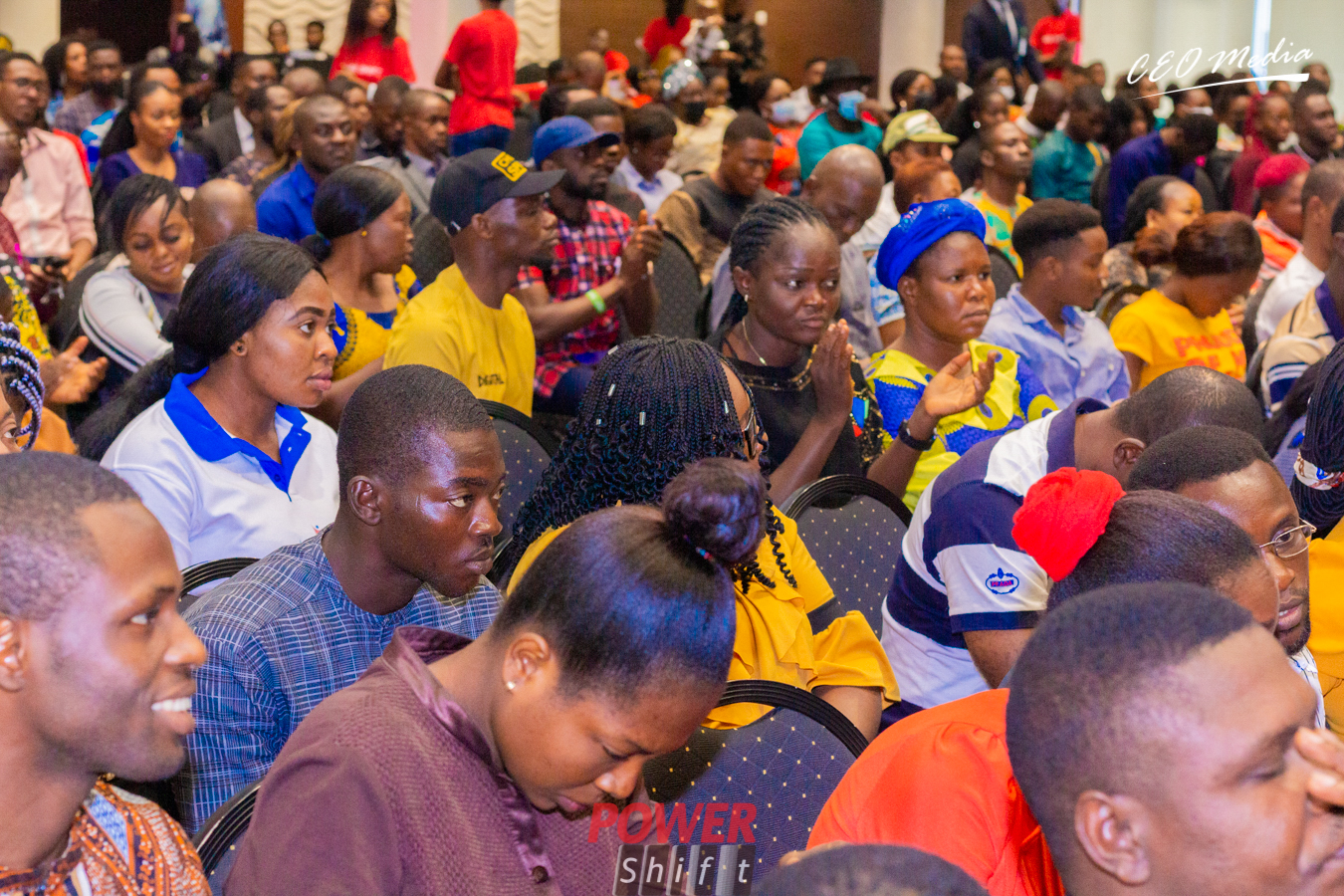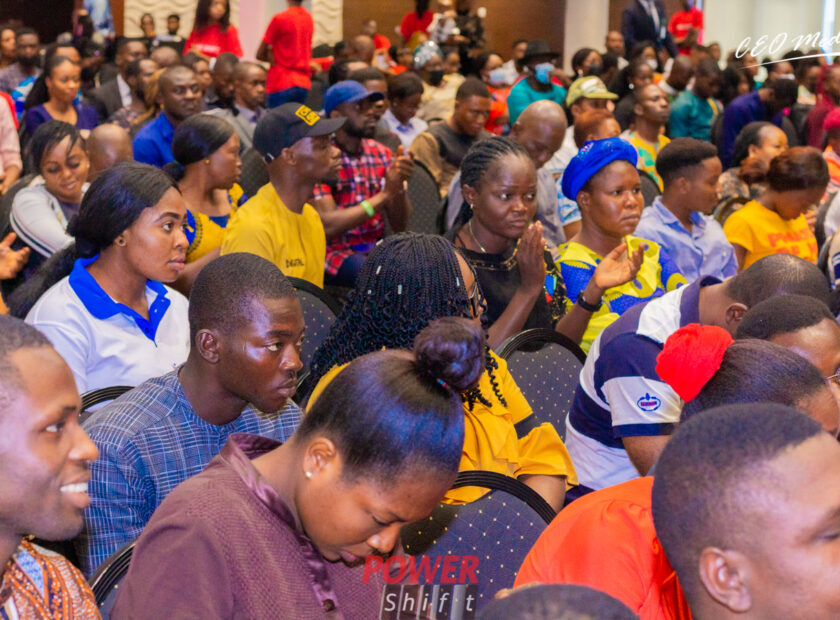
Grassroots Engagement: Building Stronger Communities through Local Initiatives in Nigeria
Grassroots engagement is crucial for creating sustainable change in Nigerian communities. Local initiatives not only address immediate needs but also build long-term resilience. This blog outlines practical approaches to fostering grassroots engagement and empowering communities through local initiatives.
- Community Workshops and Forums: Organizing community workshops and forums is an effective way to address local issues and encourage dialogue. These events can cover topics such as health, education, and economic development. By involving community members in discussions and decision-making, you can tailor solutions to their specific needs and build trust.
- Local Volunteer Networks: Creating local volunteer networks helps to mobilize resources and talents within communities. Volunteers can assist in various projects, from literacy programs to environmental clean-ups. Establishing clear roles and providing training ensures that volunteers are effective and motivated.
- Youth Involvement: Engaging youth in community initiatives is vital for fostering the next generation of leaders. Schools and youth clubs can be platforms for involving young people in local projects. Initiatives like leadership training programs and youth councils help to cultivate their skills and commitment to community development.
- Case Studies: Several Nigerian communities have successfully used local initiatives to drive change. For instance, the “Community Development Association” model has empowered local leaders to tackle issues like sanitation and infrastructure. Sharing these success stories can inspire other communities to take similar actions.
Grassroots engagement is about building relationships and creating opportunities for community members to contribute to their development. By focusing on local initiatives, Nigerian communities can address their unique challenges and work towards a more cohesive and resilient society.




